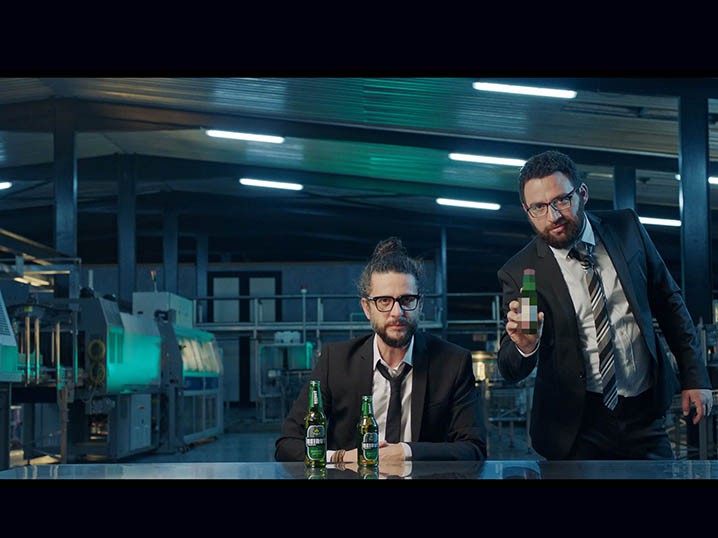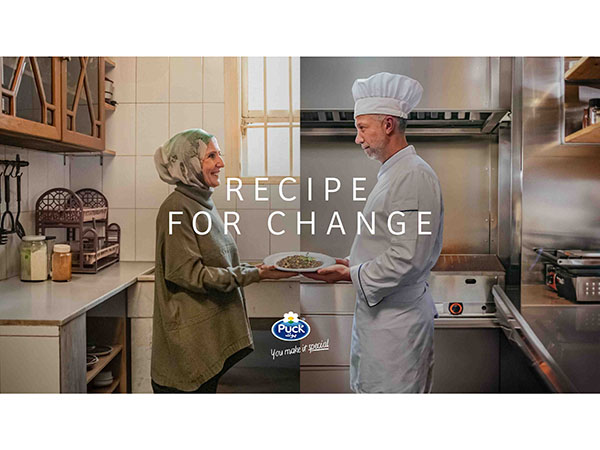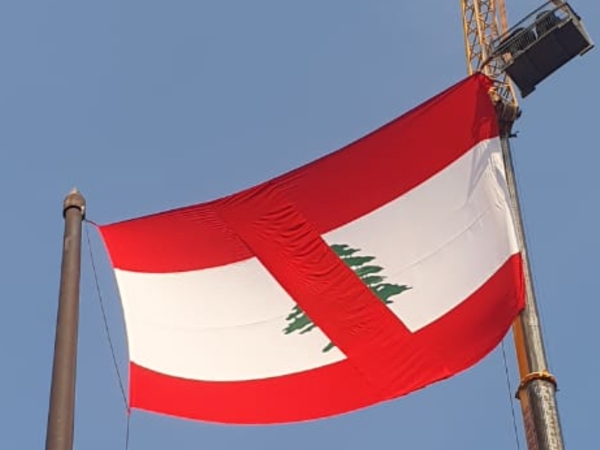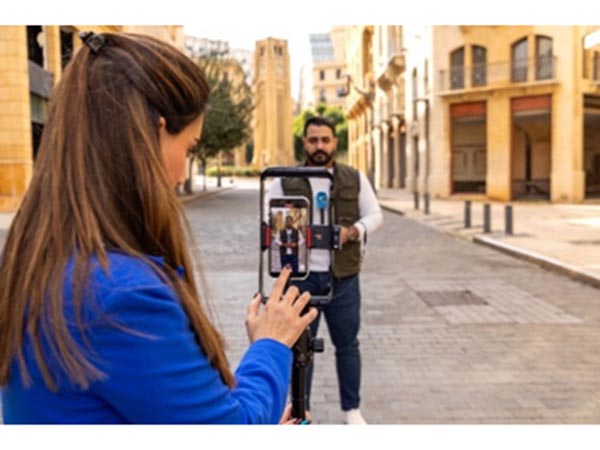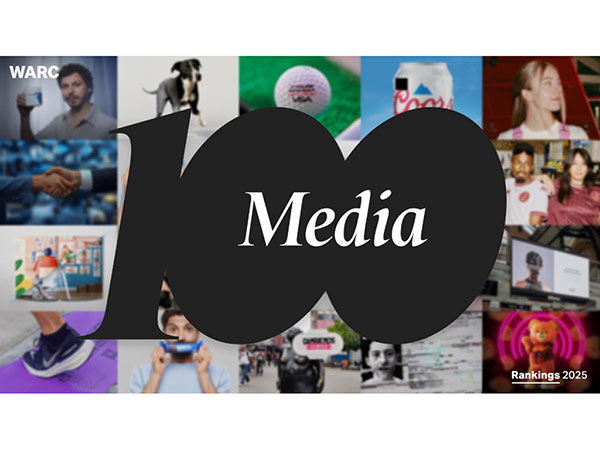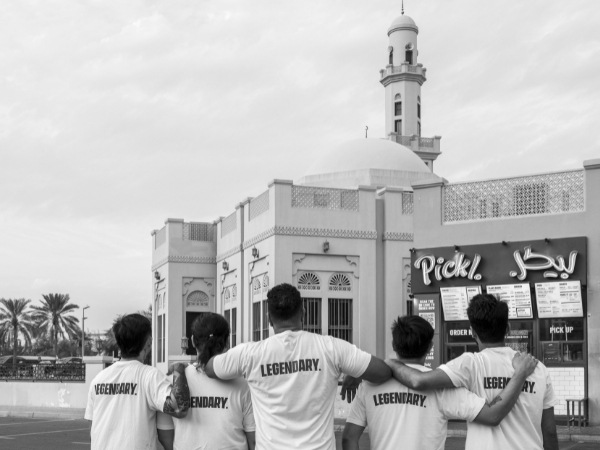News - Advertising
Beirut Beer: A Young, Fearless and Defiant Brand
by Iain Akerman
June 14, 2018

In off-trade sales (retail outlets) it now sells almost bottle-for-bottle against the “old brand leader”, as Nayef Kassatly, managing partner at Kassatly Chtaura, the family-owned business behind the brand, describes the company’s rival. Brand awareness is also on the rise.
A lot of this is down to an ambitious, four-year-old brand positioning itself as innovative, hip and “truly 100 per cent Lebanese”, but a large debt of gratitude is owed to the company’s marketing. In particular, an amusing run of ads poking fun at Almaza.
Although comparative advertising is banned in Lebanon, there are sneaky ways around it and Beirut Beer has found them. There’s the time it referred to Almaza as mjadra (a traditional Lebanese lentil dish) and asked ‘who said you have to eat mjadra every day?’. Or the time it took fake Baalbeck selfies and went to the beach in jovial mockery of ‘Lebanon’s national beer’. Recently it even pointed out that Almaza had imitated its best-selling 250ml bottle, using the opportunity to launch a new 150ml bottle and continue its light-hearted jibing. It’s all good fun of course, with healthy competition, balls and humour much needed in the advertising realm.
But poking fun at a rival can be risky business.
“We see no risk at all,” says Anthony Tawil, digital director at Operation Unicorn, the independent agency responsible for Beirut Beer’s advertising. “If anything it has been paying back dividends for the brand. The strategy was adopted because Almaza was trying to sandwich Beirut Beer between its products – price-wise and image-wise – by introducing a new low-key beer in the market called Al Rayess. They wanted us to compete with Al Rayess instead on market share. Our strategy placed Beirut Beer directly on par with Almaza in the public eye, ignoring any other brands in the market.”
According to Kassatly the brand has never made fun of the competition without reason. With the mjadra commercial, “we had to explain to Lebanese consumers that they had to give us a chance, to try something new and different without dropping their beloved brand”, he says. Similarly, when Almaza said it was the only Lebanese beer “we had to make a point and say that we exist and that we are truly 100 per cent Lebanese, whereas they were truly produced in Lebanon but owned by a multinational”.
The key to all of this is the relationship between the client and the agency.
“Sincerely, I say the chemistry between our team and Operation Unicorn is the main reason for our success,” admits Kassatly. “We are fast in executing their crazy ideas and they are faster delivering.”
It’s a freedom that Operation Unicorn, which was originally founded by creative director Nathalie Masri and Tawil in 2014, relishes. With around 10 full-time staff and a network of freelancers, its two other senior figures are associate creative director Nadine Chalhoub and managing director Wissam Mattar.
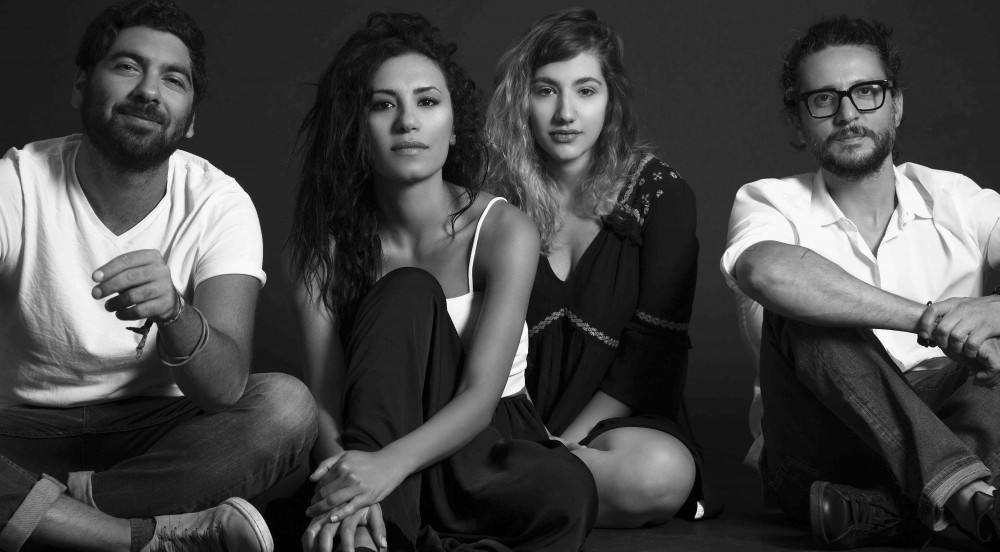
“We are a group that gets bored easily, so we’re always on the lookout for something new that stimulates us, and we share a common interest and pride in our identity as Lebanese, a sentiment we can say is not yet fully adopted by our society.”—The Unicorns
“I think that to be able to produce such work, the outcome is a combination of two things coming together,” says Masri. “The first thing is the quality, talent and character of each individual in our team.
The ideas and concepts we’re producing have to come from sound and spot on strategies that we put down, then I come up with the creative foundation for the campaign that I develop further with the team by branching it out and adding all the elements that are necessary for it to be strategically complete. The campaign is then pitched to client for go-ahead. But during this process is where the quality and character of the individuals in our team make the difference.
“I think we are a group who share a common sense of wittiness, so it is always easy to build on each other’s ideas. We also share a common view on life, in terms of what we value and what we seek. We share a common drive to stand out, to stay true to our ideas and to the boldness of our thoughts.
We are also a group that gets bored easily, so we’re always on the lookout for something new that stimulates us, and we share a common interest and pride in our identity as Lebanese, a sentiment we can say is not yet fully adopted by our society. This has allowed us to pick up culturally relevant insights that were defining factors in the success of many of our campaigns, because these insights were nationally relevant. I think it takes great observers to be able to look past the first layer and find such insights.”
One of the challenges now is for Beirut Beer to compete with its rivals on an on-trade level (restaurants and bars). And that, as Kassatly admits, is “way bigger and harder” because “our marketing budget and price positioning does not allow us to be as aggressive”.
Which is why creativity plays such a big role.
“What’s also important for us to produce such work comes from the client’s willingness to accept such ideas without exerting limitations and boundaries that hinder whatever edge our suggested campaigns have,” says Masri. “In the case of Beirut Beer, our ideas end up coming to life because our client values boldness and creativity, and this has been pivotal in the success of our Beirut Beer campaigns because it allowed us to push the boundaries while earning their full trust and back-up. A matter that has benefitted both of us greatly so far.”
Beirut Beer is still a relatively young brand and it will be interesting to see whether the momentum it has built can be sustained over a longer period of time.
Operation Unicorn, meanwhile, has built a reputation for itself as one of the most exciting independent agencies around. A reputation that is founded on passion, commitment and, perhaps most importantly, humour. The latter, it would seem, is woven into the agency’s fabric. Masri is currently working on a comedy feature film and Chalhoub runs the blog How I Take My Coffee, which reflects humorously on the idiosyncrasies of Lebanese society. An agency that’s definitely going places.


